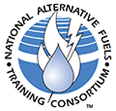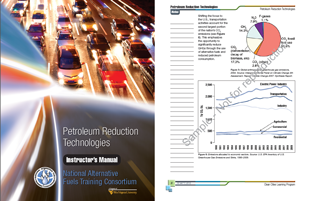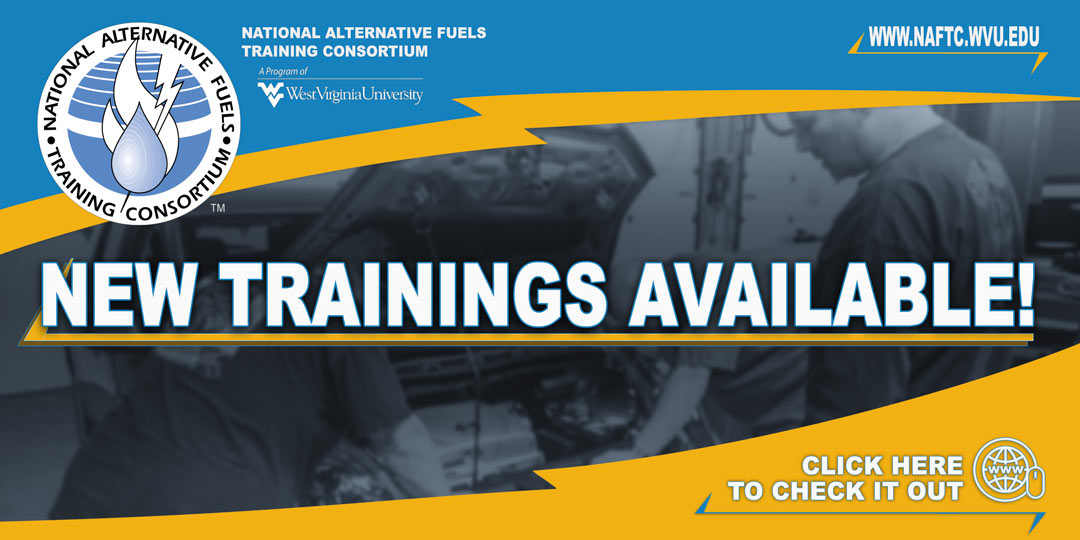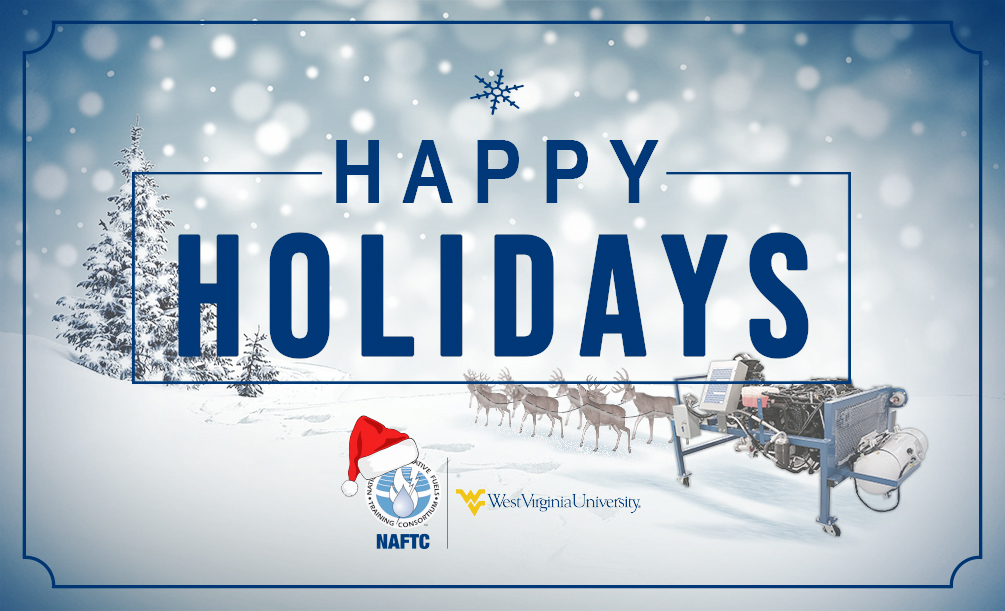Petroleum Reduction Technologies: Propane
This four-hour workshop teaches participants about propane autogas fuel properties, propane autogas fuel systems, vehicle conversions. The workshop covers both liquid and vapor injection systems for propane autogas vehicles.
Notify me! Click here to be notified when this course will be conducted next.
Course materials provided:
- Participant Manual – ISBN 978-1-933954-42-4
- Includes review questions and learning activities
- Each module of the Participant’s Manual contains text, illustrations, explanatory figures and tables, module review questions, and a list of key terms and abbreviations
Workshop designed for:
- Automotive Technicians
- Towing
- Automotive Recycling
- Fleet Managers
- Government Officials / Decision Makers
- Secondary Education
- Post-Secondary Education
- Code Officials / AHJs
- Construction / Contractors
- General / Consumers
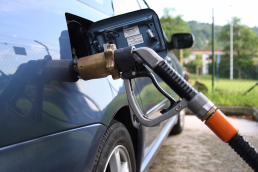
Taught by certified NAFTC instructors, this four-hour workshop will enable you to:
- Describe what propane autogas is and how to identity it.
- Explain the basic history of propane autogas
- Describe how propane autogas may help public health and the environment.
- Explain how propane autogas may help stimulate the economy.
- Describe what energy security is and how to use propane autogas to attain it.
- Explain how propane autogas is manufactured and produced.
- Describe how propane autogas is transported.
- Explain the differences between propane autogas and conventional vehicles.
- Describe the performance of propane autogas vehicles.
- Explain different types of propane autogas vehicles used today.
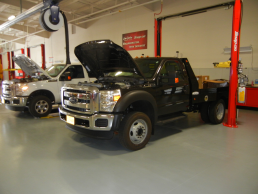
Course outline:
- Comparison of propane autogas to gasoline
- Energy content of propane autogas verses gasoline gallon equivalent (GGE)
- Octane rating flammability range and other properties
- Crude oil refining transport, distribution and infrastructure
- Propane autogas fueling station safety and identifying propane hazard placards
- Dedicated, bi-fuel vehicles and how they differ in regard to the conversion process
- Propane autogas vehicle components
- Fuel injection system, liquid injection and vapor injection
